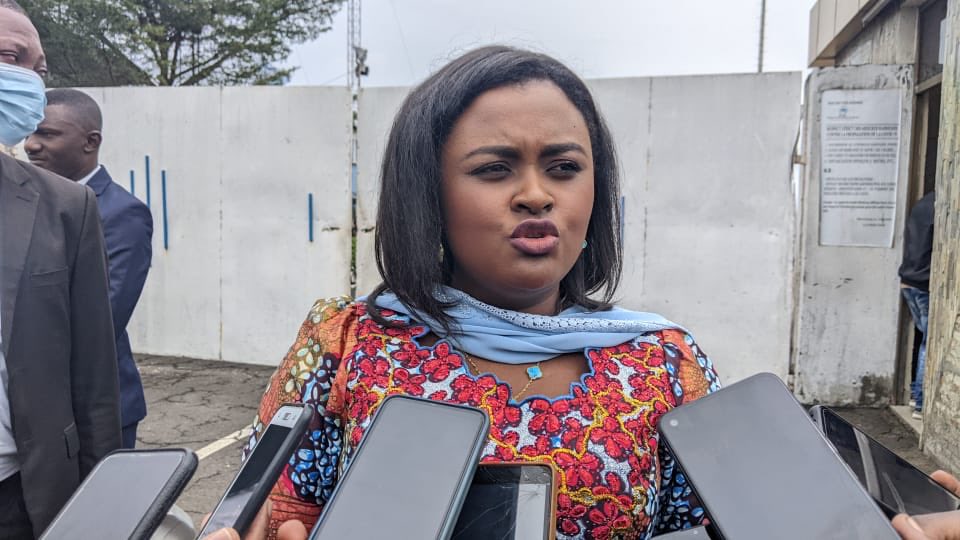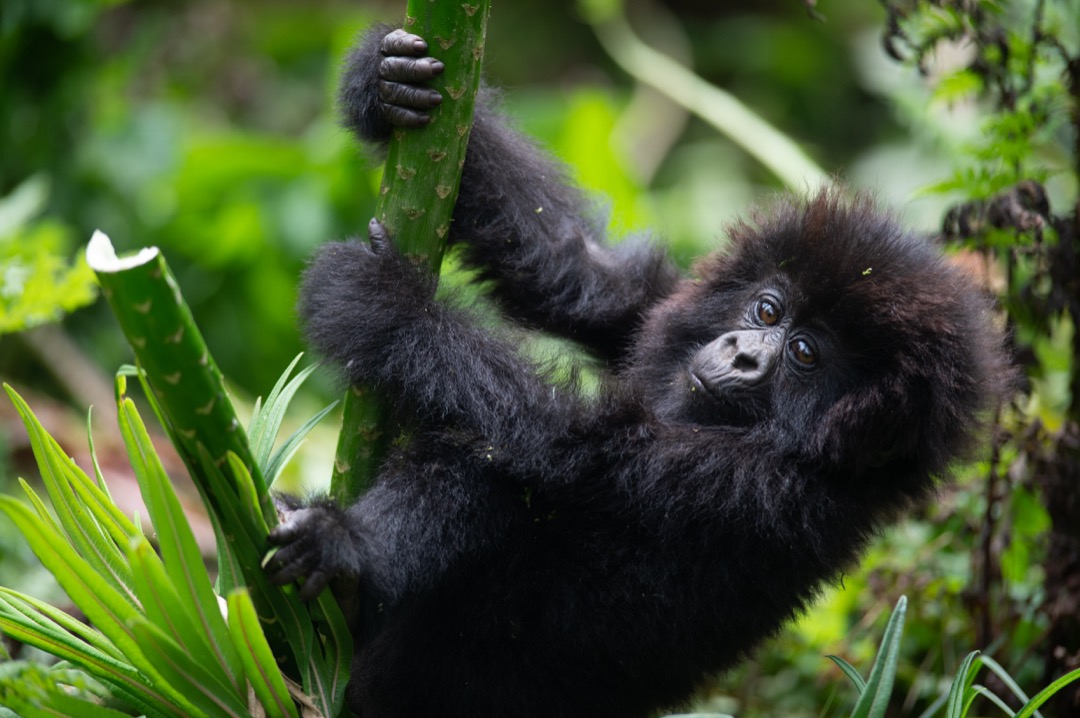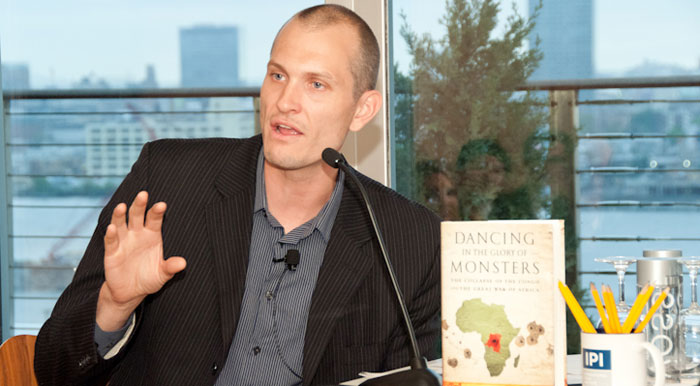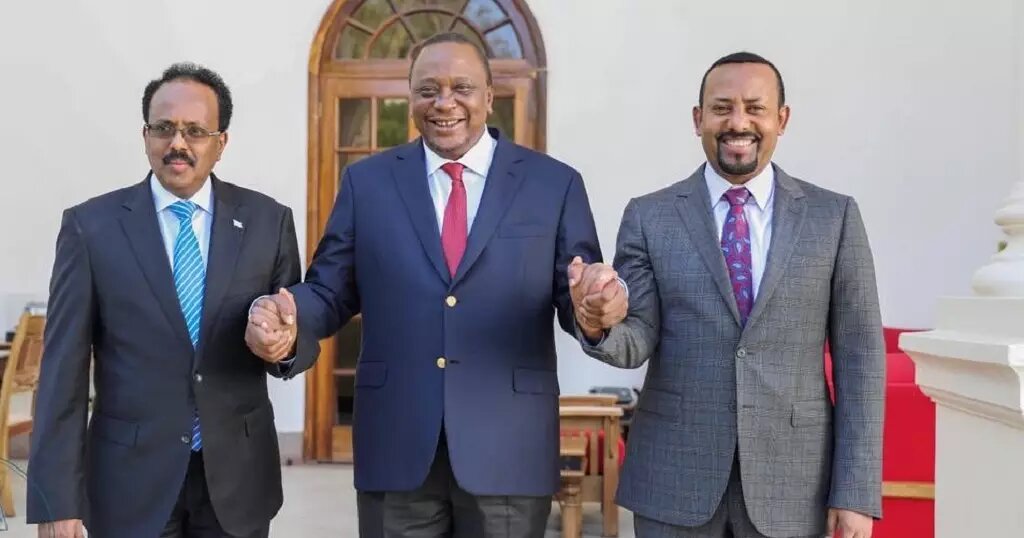Regional
UN’s failing peacekeeping model should take inspiration from Rwanda’s bilateral deployments
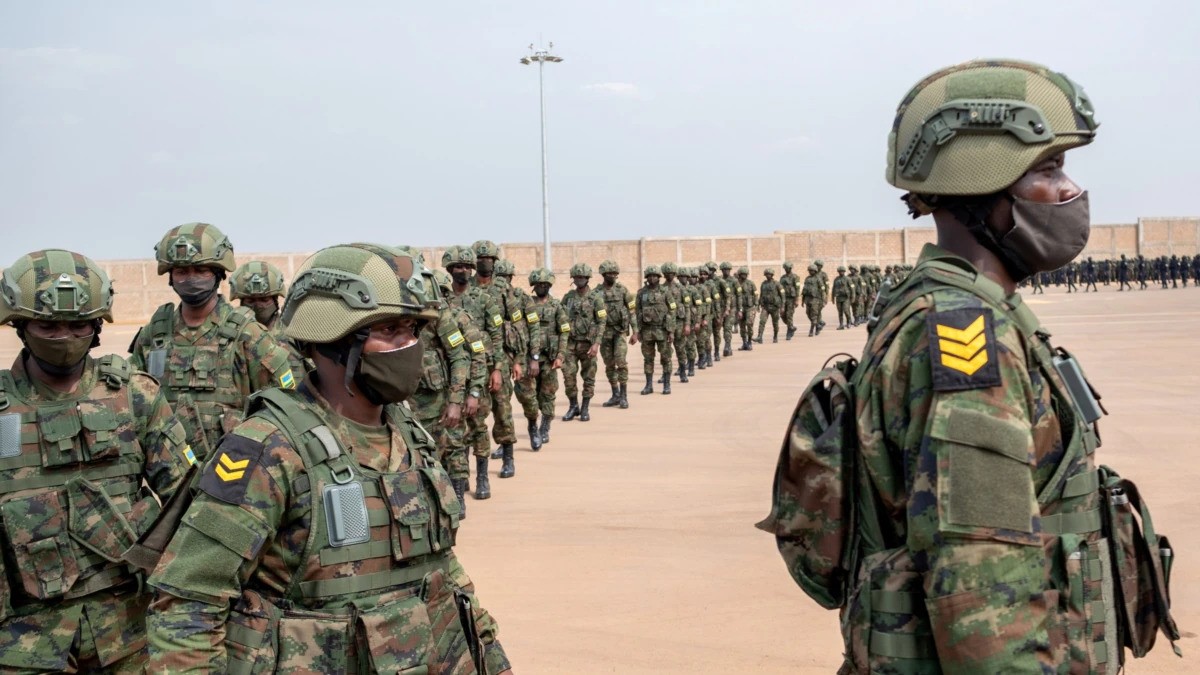
Even though UN’s top
officials themselves privately acknowledge their organization's imperviousness
to creative thinking, the stakes in Africa are too great to defer to UN
sclerosis. Rapid state failure makes the status quo untenable.
The recent outbreak of
conflict in eastern DRC between the government and the M23 rebellion has
brought back to attention the ineffectiveness of UN peacekeeping missions in
Africa. The UN’s peacekeeping model in Africa is broken but Rwanda’s bilateral
deployments provide a better alternative from which the UN should adopt.
In 1994, UN peacekeepers in
Rwanda stood aside as génocidaires unleashed a brutal and
preplanned anti-Tutsi genocide. Although the UN subsequently apologized to
Rwanda for its cowardice and bureaucratic deflection, it was insincere: how
else would one explain the promotion and subsequent re-election to the office
of the secretary-general of the then head of peacekeeping Kofi Annan? That
Annan was complicit in a million deaths and suffered no career consequence
remains a stain on the organization. When it came to Rwanda, it would not be
the UN’s last shame.
As the Rwandan Patriotic
Front triumphed and ended the genocide, many génocidaires fled
the country. Herein lies UN’s second mistake: rather than segregate and disarm
those culpable in perhaps the worst atrocities of the late 20th century, the UN
allowed the génocidaires to take refuge in UN camps just
across the border in DRC. This means, for the past quarter of a century, the UN
in the DRC has effectively been complicit in enabling génocidaires to
hold refugees hostage while indoctrinating a new generation into racist,
eliminationist hatred.
While terrorist regimes
have administered other refugee camps—the Khmer Rouge ran camps in Thailand
after the Vietnamese invasion of Cambodia, for example—they did so without UN
collaboration. In the DRC camps, however, the UN clearly collaborated
with génocidaires. In effect, the UN repeated the mistakes it made
in Palestinian camps in Lebanon and Gaza. In both the DRC and Palestinian
cases, UN’s willingness to deny or ignore terrorists hiding in the midst of
refugees perpetuated conflict and destabilized governments. UN officials
benefit(ed) from continued conflict with lucrative jobs, while wasting billions
of dollars in donor money.
The five
most expensive UN peacekeeping missions today are in Africa.
For the fiscal year 2022, the budgets for the missions in Mali, South Sudan,
the DRC and the Central African Republic each topped US$1 billion, whereas the
UN presence in Somalia added another half billion dollars. While UN missions in
both the DRC and the Central African Republic missions have gone through name
changes and bureaucratic reorganizations, they are almost a quarter of a
century old. The UN Mission in South Sudan is more than a decade old, while the
one in Mali is now approaching its first decade. In the case of the Central
African Republic and South Sudan, UN peacekeeping expenses are equivalent to
between a quarter to half the country’s gross domestic product, according
to International Monetary Fund data.
If the definition of
insanity is to repeat the same actions but expect different results each time,
then UN peacekeeping in Africa’s most persistent trouble spots has been insane.
When I worked first in Tajikistan and then in Iraqi Kurdistan, I learned
firsthand from aid and relief workers that when they are deployed to war zones,
they adjust to local society, but, ironically, when the UN enters a country, it
expects local society to adjust to its practices and procedures. Such
bureaucratic arrogance and inflexibility contribute to UN’s persistent failure
in countries like Mali, the Central African Republic, and the DRC.
Another factor that
compounds UN’s failure in its peacekeeping missions in Africa is moral
equivalence. In the DRC, for example, the UN is unable to differentiate
between génocidaires and others who seek to defend themselves
from the génocidaires. In both the Central African Republic and
Mali, the UN might recognize each country’s government, but it prioritizes
observation and monitoring over action. The kneejerk reaction of the UN
leadership in New York is to negotiate compromise and build a big tent. Not
only does this incentivize terrorists to win through diplomatic concession what
they cannot achieve at the ballot box but it also protects and extends terror
campaigns and, essentially, doubles down on the ineffectiveness, if not
complicity, that allowed the anti-Tutsi genocide 28 years ago.
Even though UN’s top
officials themselves privately acknowledge their organization’s imperviousness
to creative thinking, the stakes in Africa are too great to defer to UN
sclerosis. Rapid state failure makes the status quo untenable.
Here, the UN might consider
the effectiveness of Rwanda’s approach as a pillar of much-needed peacekeeping
reform.
Just before the Christmas
of 2020, rebels loyal to François Bozizé, a former president of the Central
African Republic, marched on the streets of the capital. This incident caused
civilians to panic and flared both ethnic and sectarian tensions across the
country. President Faustin-Archange Touadéra called UN headquarters for help,
but the global body was unresponsive. While the Rwandan contingent made it
clear that it would protect itself (and other national peacekeeping contingents
redeployed to move closer to the Rwandans for their own protection), the UN
Secretary-General did not greenlight any substantive action to hold the rebels
at bay. In effect, it was a repeat of UN’s traditional actions in the days
immediately prior to the anti-Tutsi genocide.
Touadéra also called Paris
and Washington but received no response. President Paul Kagame, however,
responded. So long as Touadéra would allow Rwandan forces to take and fortify
the airport in order to ensure secure logistics, the Rwanda Defense Force would
deploy and protect key infrastructure, including the presidential palace.
Within 48 hours of that phone call, Rwandans were on the frontlines, and Bangui
was saved. While the UN continues to observe events in the Central African
Republic at a cost of US$135,000 per hour, Rwandan bilateral forces continue to
secure infrastructure, capture terrorists and give the country space to recover
from decades of instability. The Rwandan success is evident in Bangui, where
Muslims and Christians again mix, and once deserted markets are bustling again.
Events in Mozambique showed
that the effectiveness of bilateral deployments was the rule rather than the
exception. Successive governments in Maputo ignored the northern Cabo Delgado
province. The Mozambican army, meanwhile, neglected civil affairs. Not only did
soldiers not speak the local Makhuwa or Makonde languages, but they also could
not speak Swahili. Because local villagers and townsmen did not trust
Mozambican forces and feared the army would interpret forewarning with
complicity, the eruption of the Islamic State insurgency in March 2020
blindsided President Filipe Nyusi. He initially sought to contract Russia’s
Wagner Group, but they failed in the face of the same challenges as the
Mozambican Army, and so Nyusi instead turned to both the Rwanda Defense Force
and, separately, a multilateral Southern African Development Community (SADC)
force.
The Rwandans proved most
effective, both because of the unity of command and because of the willingness
to fight. Because, like the UN elsewhere, SADC was more interested in showing
its flag than in joining the fight, Rwanda has increased its area of operations
and recorded a great deal of success. As in Central Africa, it took just
days for Rwanda to secure key infrastructure and just weeks to secure road and
population centres in order to allow displaced populations to return.
The mentorship between
Rwandan Police and their Mozambican counterparts has put local security on a
sounder footing. Certainly, the crisis is not over. Maputo’s lack of capacity
continues to impede the fight against Islamist militancy. But the turn to
bilateral deployments with Rwanda has stabilized Cabo Delgado far quicker and
at a lower cost than the years of multi-million-dollar United Nations
peacekeeping missions. This is the major reason why Mali, now in its second
decade of persistent insurgency, has inquired about the possibility of
supplementing, if not supplanting, UN operations with a bilateral force.
When US Secretary of State
Anthony Blinken travelled to the region to address the tension between the DRC
and Rwanda, he should have recognized that the problem is not simply between
Kigali and Kinshasa, but that the problem is New York: Decades of UN
mismanagement perpetuated a conflict they could have avoided if UN peacekeepers
had disarmed génocidaires and not enabled them to transform
their camps into terrorist safe havens. Diplomats might pontificate about M23
from their compounds 1,600 kilometres away in Kinshasa, but the truth is that
Congolese Tutsi need no outside incentive to avoid their own slaughter. UN’s
Force Intervention Brigade has some utility, especially as Ansar al-Sunna and
myriad other terrorists seek to carve out more safe havens. But there is
evidence from experience in other countries that a more dedicated bilateral
force might help the eastern DRC become an economic engine for the entire
country rather than its bleeding ulcer.
For too long, the United
Nations and the international donor community have treated peacekeeping as a
jobs programme and a mechanism to virtue signal rather than to make peace. The
cost of this deception is great, costing billions of dollars and thousands of
lives annually as UN negligence perpetuates conflicts that well-paid, business
class-flying UN diplomats promise to resolve.
Africans should say that
enough is enough. If peace is indeed UN’s goal, then it is time for the global
body to study what works and recognize that 75 years after its first
peacekeeping missions, they should be open and sincere enough to adopt innovative
and pragmatic approaches to peacekeeping. If they seek to replicate what works,
the Rwandan deployments in the Central African Republic and Mozambique would be
a good place to start. The UN might revert to a fundraising role to identify
and subsidize those forces who can do what UN-recognized governments in
conflict zones request in order to end persistent insurgency and terrorist safe
havens, as well as to enable military and intelligence capacity building.
Michael Rubin is Senior Fellow at the American Enterprise Institute in Washington, DC, and a former Pentagon official. He is a frequent visitor to conflict zones in Africa, including Somalia, Western Sahara, the Central African Republic, Mali, and Mozambique.
Source:


.jpg-20220901012416000000.jpg)
